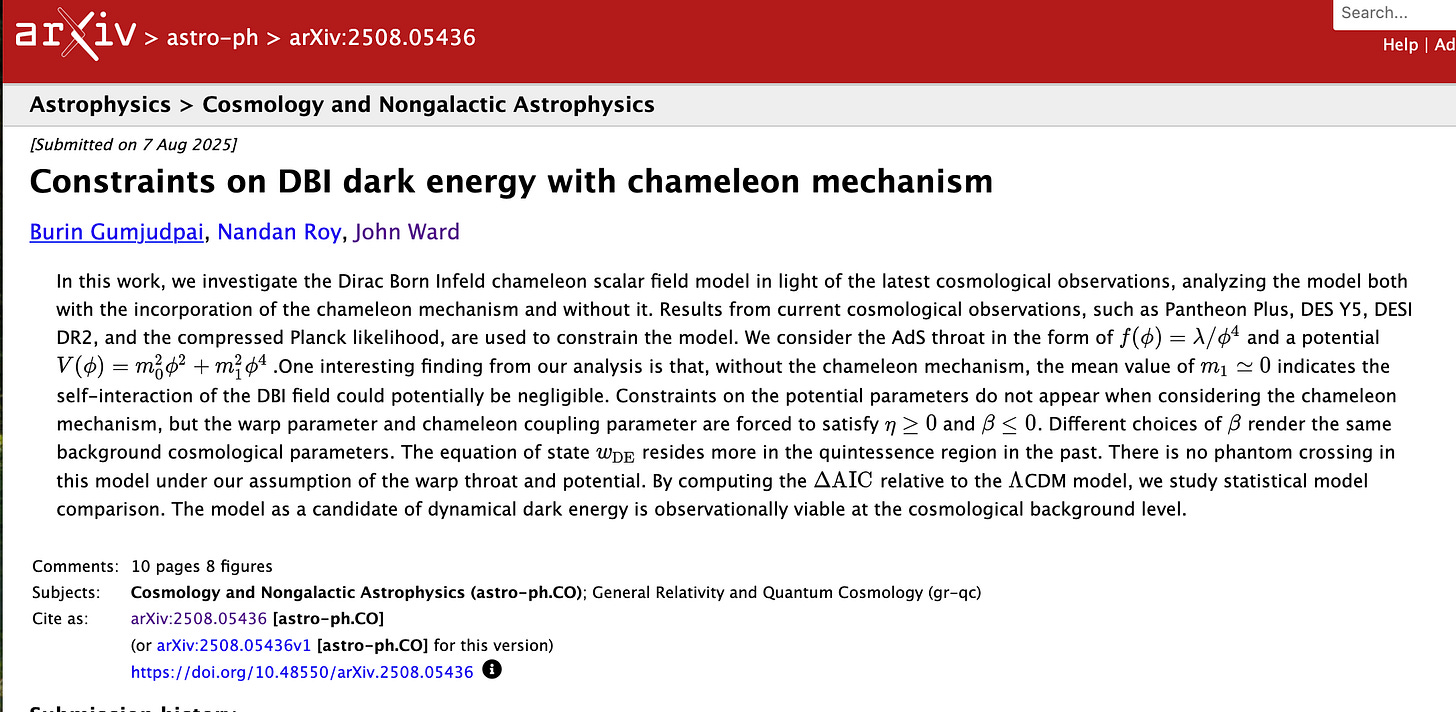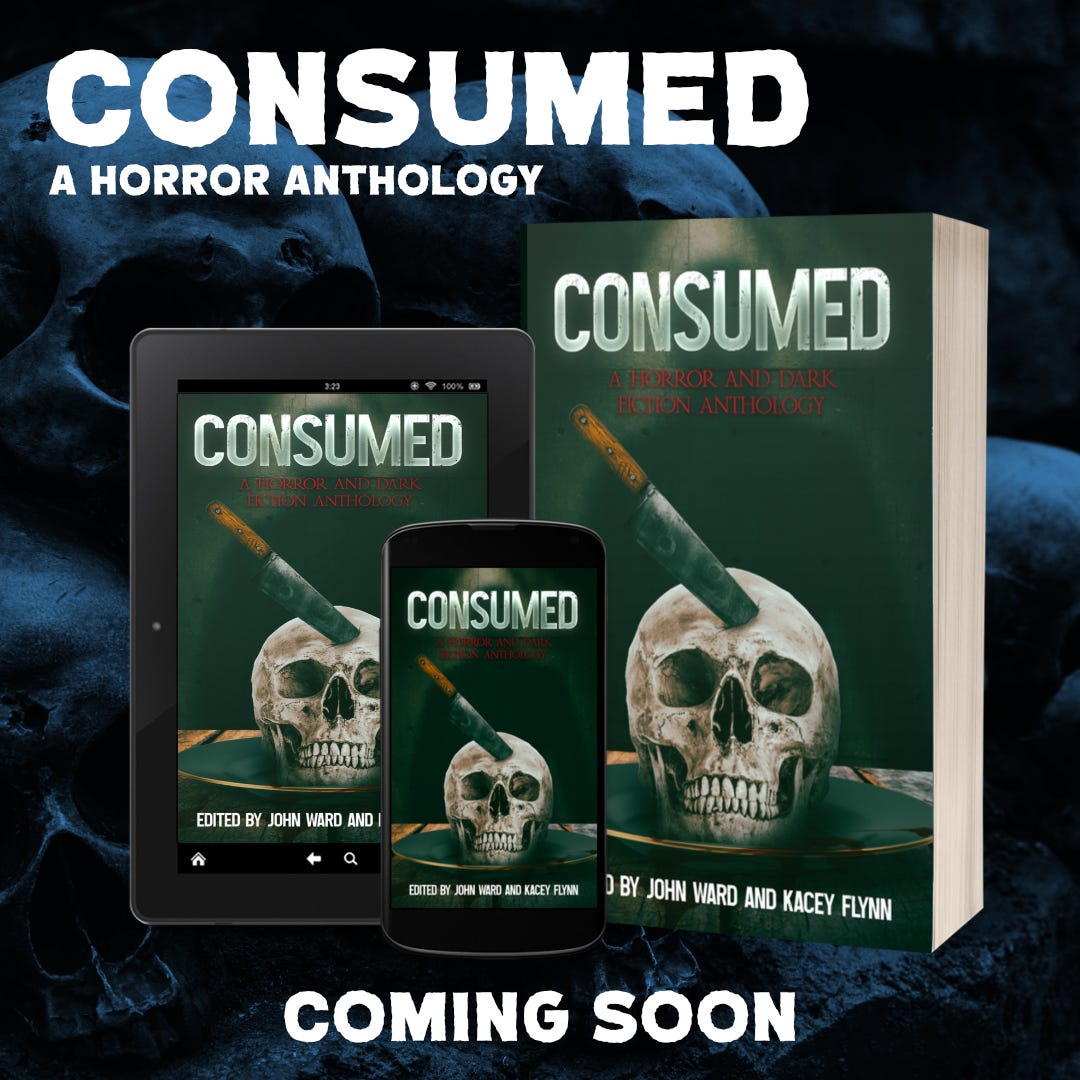How to make your scientist characters more specific and engaging.
Generic scientists are everywhere in our storytelling, but they're almost always stock characters. Enough, I say. Here are three things you can do to help make your scientists more relatable.
Are you tired of stories with generic “science” characters? I know I am. Want to make your scientist characters more realistic? Let’s look at some resources to help bring specificity to your characters.

We’ve all seen TV shows, films, books, and comics where there’s a character who’s a scientist. What kind of scientist are they? The story never bothers to explain it.
In film and TV, you’ll occasionally see people who are classified as “genius physicists” who seem to have trivial equations scrawled on whiteboards or in notebooks. Sometimes these are equations from high-school math textbooks. If they’re geniuses, why are they working on problems that were solved long, long ago?
I was a theoretical physicist, and now a writer and creator, and I think specificity is critical to making a story universal.
If you introduce a character as a physicist, I’m going to ask: what kind of physicist?
For example:
• Are they a theorist or an experimentalist?
• Do they specialize in astrophysics, or condensed matter physics, or something else?
• Are they a postdoc, tenure-track? Or are they tenured?
Specificity is crucial to help bring the character come to life, and their career stage and specialty will inform their decisions and actions in a story.
For example: a postdoc on a one-year contract, who is desperate for validation, will behave very differently to a tenured-professor.
So, here are three things you can do to help breathe life into your characters.
Number one. You should connect with the Science and Entertainment Exchange: https://scienceandentertainmentexchange.org/. This is a US-based program that connects people in the entertainment industry with scientists and engineers.
Number two. Look to your local college or University, and search their website to find faculty members. Check out their bio and shoot them a short, polite email, with a clear and specific request.
Don’t ask them to read your 500-page manuscript. Don’t send them any attachments.
Keep the ask simple and exploratory, with no expectations. You’ll be surprised how many people will respond positively when it comes to accurate representation.
Number three. While Wikipedia is often useful, I recommend checking the Arxiv. It’s a massive pre-print resource that covers many scientific specialties. Not only can see how scientists communicate with one another, but you’ll also be exposed to more cutting-edge ideas.
Number four. You can contact me through my website. I have a PhD in theoretical physics and worked as a postdoc, so if your story touches on string theory, extra dimensions, or the nature of reality itself; I might be able to help you out.
Specificity is important for your characters and your story, and it’s now easier than ever to connect with real scientists who can provide advice and input on your work. I’ve provided some resources, but if you have other resources, please drop them in the comments below.
Speaking of the arxiv
I have a new paper out! Technically, I think this is my first ever astrophysics paper - most of my other papers are on theoretical high-energy physics. Yay for us!
Consumed: a horror anthology
Some of you may know that I’ve been working on a big horror anthology over the past few months, and we’re almost ready to share it with the world. The book comprises 28 horror and dark fiction tales, centred on the theme of food & drink.
You can learn more about the book and stay up to date with information about it by visiting my site.
Okay friends, until next time!




Excellent advice...as a biologist I'm often dismayed at how biologists are often portrayed as little more than a different kind of physician. We're not M.D.s or even D.O.s! And there are many, many specialties...including being a theoretician vs. an experimentalist, but also more generally being "whole organism" vs "parts" (the latter would include biochemists, physiologists, cell biologists, etc.). These distinctions aren't always clear cut but it's a place to start.
And I'll throw out there that not all (in fact most) scientists don't work in academia, and those working in more applied fields or in the corporate world will have different perspectives and even different specializations (e.g. there's not much call for being a fisheries bio analyzing data to make salmon run size forecasts at a university; that's the thing that only interests the people who catch or manage the fish).